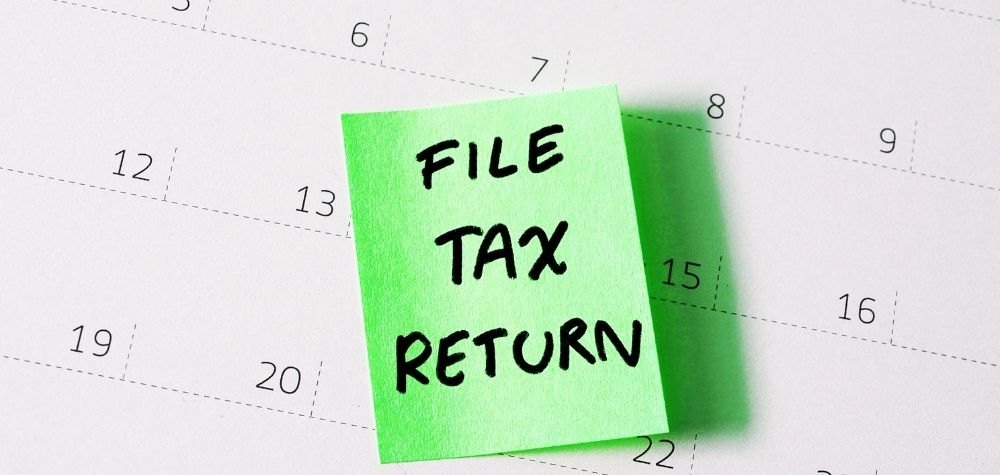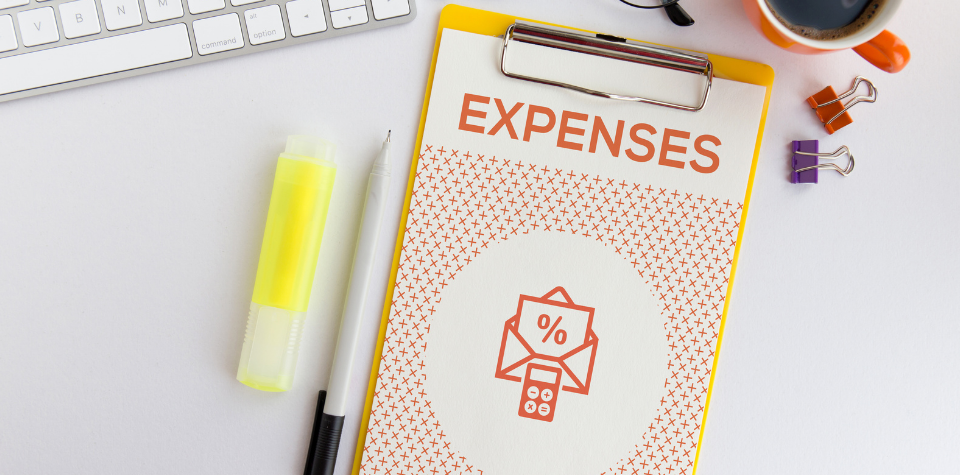- Book a consultation with us!
- 02 6162 0908
- info@marisagonzalez.com.au
Your First Tax Return: What You Need To Know

What Can Engaging A Business Adviser Do For You?
14 June 2021
High School Students, It’s Time To Get Creative About Tax & Super
16 June 2021Tax return season is quickly approaching for individuals. You may need to begin thinking about the process sooner rather than later to ensure that you have everything ready for your accountant. If you’ve never had to complete a tax return before (and it’s your first time) or are still uncertain about what you need to do, this process can feel a bit like a Mount Everest you need to climb.
Putting it simply, if you are earning or will earn more than $20,542 this year, you will need to lodge a tax return. However, if you haven’t made that amount but your employer has taken tax out of your pay, you should lodge a return anyway to receive some (if not most) of that money back.
How much money you receive back from the tax return will be affected by how much income you have earned. Some debts (such as HECS or HELP) will begin to take money out of your return after reaching a certain income threshold level (currently set at $46,620).
A tax return is where you report all of your income earned over the past financial year. It should include ATO-reported income (which you generally won’t have to worry about as we have access to it automatically) such as salary or non-ATO reported income. This income may be income that has not been sent to the ATO and could include tips, any income you’ve earned while working under an ABN or payments from a family trust. You need to work out all of the income that you have earned and report it to remain compliant with the ATO.
In a tax return, you will also be entitled to make tax deductions on certain items if they apply to your situation. This means that you may receive a greater amount in your tax refund.
You will be entitled to tax deductions on items such as:
- Uniforms and protective clothing
- Certain travel expenses between workplaces, e.g. travel between sites (but not travel expenses from home to work)
- If an apprentice or trainee, if you have had to buy any of your tools or equipment out of pocket, you can claim them as a tax deduction (but cannot do so if your employer purchased them for you)
- Union fees
- Any donations that you have made
- Costs that may have been incurred in the process of educating yourself (e.g. course, seminars, training)
If you want to make sure that you understand precisely what you need to do to lodge your tax return, keep this in mind:
- If you earned money, you need to report it.
- If you can’t prove an expense, you can’t claim it.
- If you want to make extra sure that you’ve got it right, see a tax agent
For assistance during the lodgement of your tax return, you can seek advice from us. We’re here to help ensure you meet your tax obligations by reporting your income correctly for this financial year.




